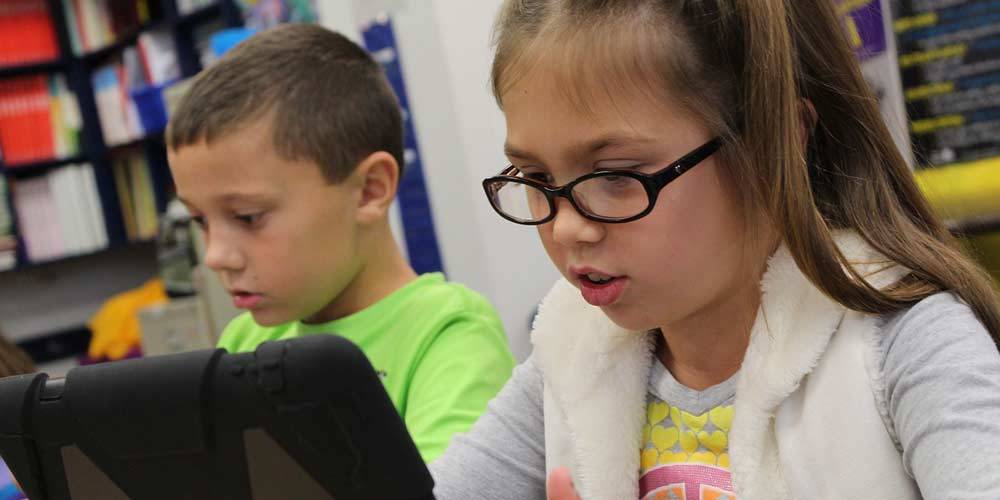Unless your strong convictions and lifestyle choices compel you to make a firm stand against screen time, it’s just an inevitable part of modern childhood. Once upon a time, the adults complained about their children tuning in like zombies to the TV. These days, those same children have grown to now worry about their own kids’ out-of-control screen time.
Technology in itself is not a bad thing. Smartphones, tablets, computers, and TV offer benefits to those who use them, including children. They can be both entertaining and educational, not to mention a veritable goldmine for the harried parent who just needs a break from her kids.
What’s the Problem with Screen Time?
Use of technology is generally fine. It becomes a problem when use becomes abuse. Case in point: There have been studies connecting cognitive developmental delays to excessive exposure to electronic screens.
The estimate right now is that children spend about seven hours a day in front of some sort of digital screen. Even more disturbing, other statistics show that it is common for babies and toddlers to regularly use tablets as well. Whatever happened to the advisory about avoiding TV until two years of age?
Psychologists say that when babies and toddlers get hooked on smartphones and tablets, this can cause lasting damage to their still-developing brains. Early and prolonged exposure to screen time apparently messes with baby brain and eye development. It actually ends up hampering the development of abilities that parents mean to foster with the help of screened gadgets, such as concentration, paying attention, communication, discernment of social cues, etc.
What Happens in the Critical Period?
Doctors refer to the time between birth and age three as the critical period because the brain is changing and developing really fast. It is also very sensitive to the environment, so you have to make sure that your children are exposed to people and things that are optimally stimulating for them.
What makes this time so important is that whatever transpires in the brain during these years becomes the foundation upon which all brain function for the rest of their lives is built. For the brain to develop normally, children need specific stimuli that are not available on electronic screens. That’s why spending too much time in front of a screen deprives them of the real world stimuli that they require, thus stunting their development.
It might seem like using a tablet makes development easier and quicker. Far from being an effective shortcut tool, it actually serves as an instrument of delay and laziness. If you think that storytelling app with ready images equates to a mother reading a story out loud, think again.
What happens when children use the storytelling app is that all the brain exercise is cut out of the equation. Instead of them processing the sounds they hear into words, visualizing the descriptions verbalized, and exerting mental effort to figure out the plot, they get everything spoon-fed to them, which means that their cognitive muscles stay weak and underdeveloped.
What About the Real World?
No matter how interactive a tablet or phone is, it cannot take the place of human interaction. The frontal lobe of the brain doesn’t develop as it should without the chance to decode and comprehend real social interactions where it can observe nonverbal cues and other unspoken signs. Without proper development of the frontal lobe, your children won’t acquire empathy or hone their instinct.
The easy on/off switch for quitting and swiping left and right for changing don’t carry over to real life. Kids get used to immediate stimuli response, which means that they’ll find reality frustrating, making screen time more satisfying for them. It’s a sad world where children prefer to interact with a machine instead of establishing real-world connections.
The bottom line is that screens aren’t evil. They do offer benefits, but parents shouldn’t rely on them to raise their kids, especially not during the critical years.
The harm that screen abuse causes may be permanent, so make your kids’ screen time as minimal as possible.

